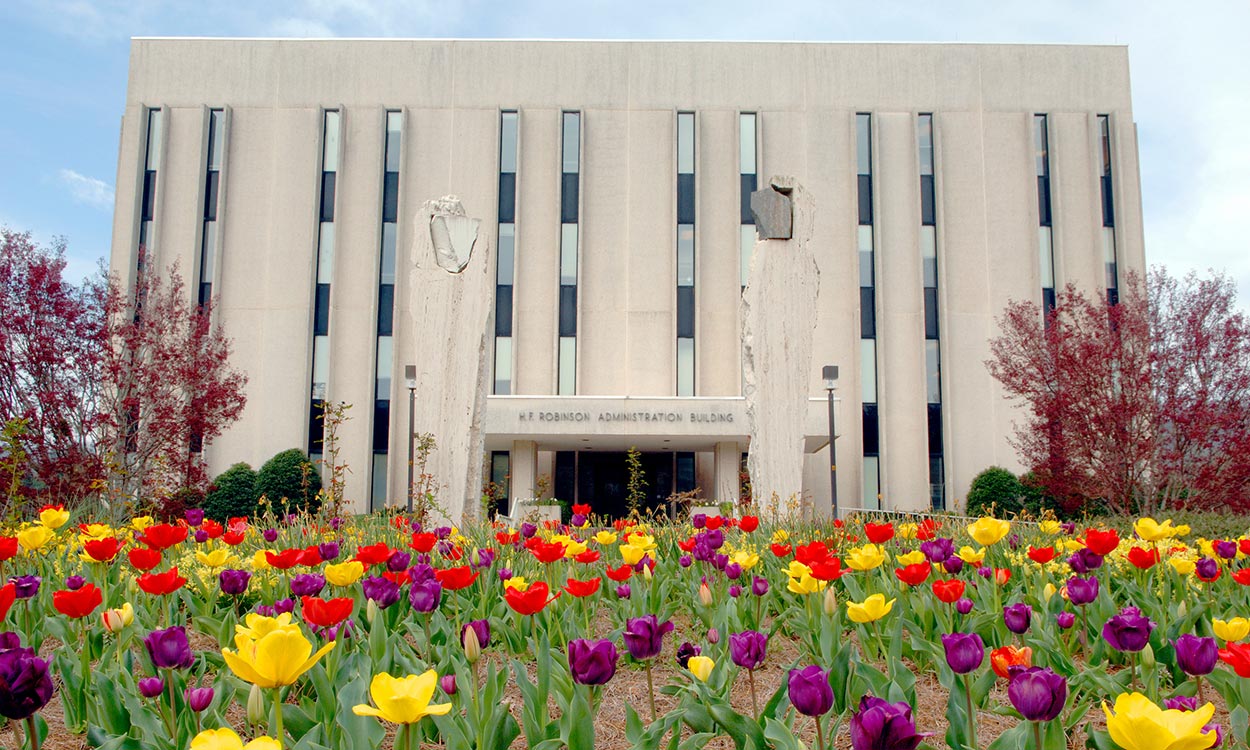CSFE examines state’s prospects for economic recovery after pandemic
Ed Lopez
The Center for the Study of Free Enterprise at Western Carolina University has issued an assessment of economic recovery, sustainability and growth in North Carolina following the pandemic.
According to the U.S. Department of Labor, the state recorded 11,508 unemployment claims for the week that ended Jan. 23, down from a revised 14,177 the previous week. While that is a better status than national unemployment trends, it still reflects an economic slowdown in response to the coronavirus pandemic.
Authored by Edward Lopez, economics professor at WCU and center director, and Emma Blair Fedison, a policy researcher at the center and a graduate student at George Mason University, the study found the state’s prospects for making a sustained economic recovery are sunny, with some qualifications.
“The decisions of today’s policymakers will affect the climate of Covid-19 economic recovery well into the future,” the authors write. “North Carolina’s prospects for sustained recovery are good, underscoring the need to maintain good fiscal health and continue improving economic health in the state.”
The study focused on two main components, the state’s fiscal health and the state’s economic health, as well as the public-private emphasis on a well-trained workforce, modern infrastructure with a strong, competitive tax structure that attracts jobs and investment.
“I’m so appreciative of the timely work that Dr. Lopez and Ms. Fedison have done,” said AJ Grube, dean of WCU’s College of Business. “Their efforts have produced valuable, impactful information for local and state policymakers, which will realize positive effects for the state of North Carolina.”
The researchers said that when it comes to North Carolina’s goals for growth and prosperity, economic freedom indexes are the most important among all barometers of economic prospects for growth, drawing from both the state level data and, using the most recent studies, the municipal level.
“To promote our state’s leaders' goals of growth and prosperity, our analysis supports three broad policy conclusions,” Lopez said. “Maintain fiscal discipline, a healthy level of economic freedom, and a good balance of economic freedom in the state.”
Founded in 2015, the Center for the Study of Free Enterprise conducts economics research, public forums and thought leadership on issues pertaining to economic development in Western North Carolina and statewide, through students, faculty and staff involvement. The research was funded by the center’s Covid-19 Research Initiative, which received a grant from the North Carolina Policy Collaboratory. For more information, visit wcu.edu/csfe or email csfe@wcu.edu.

